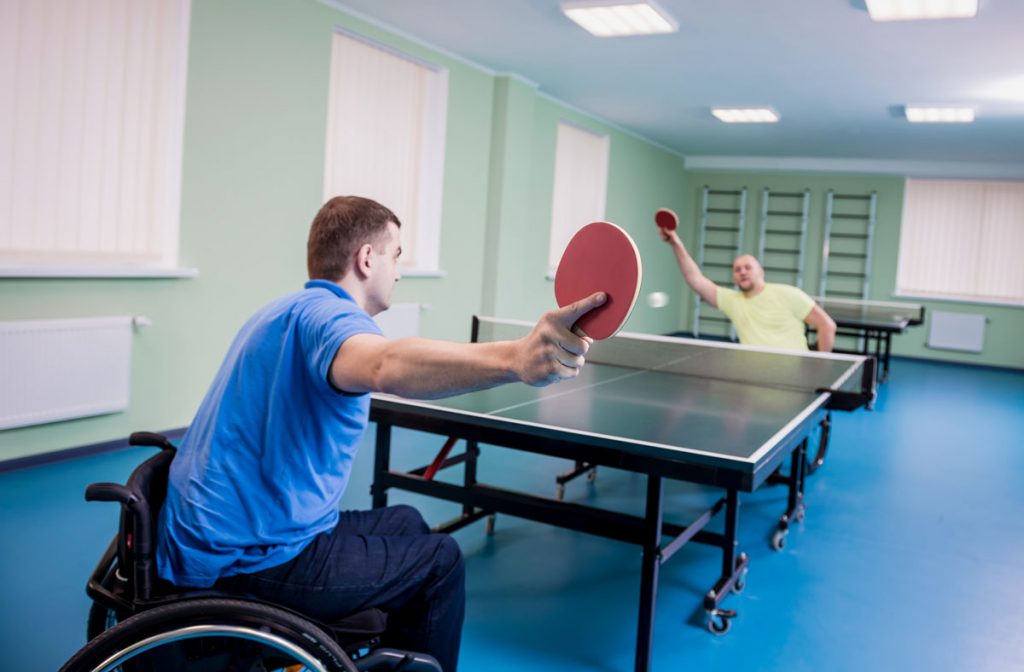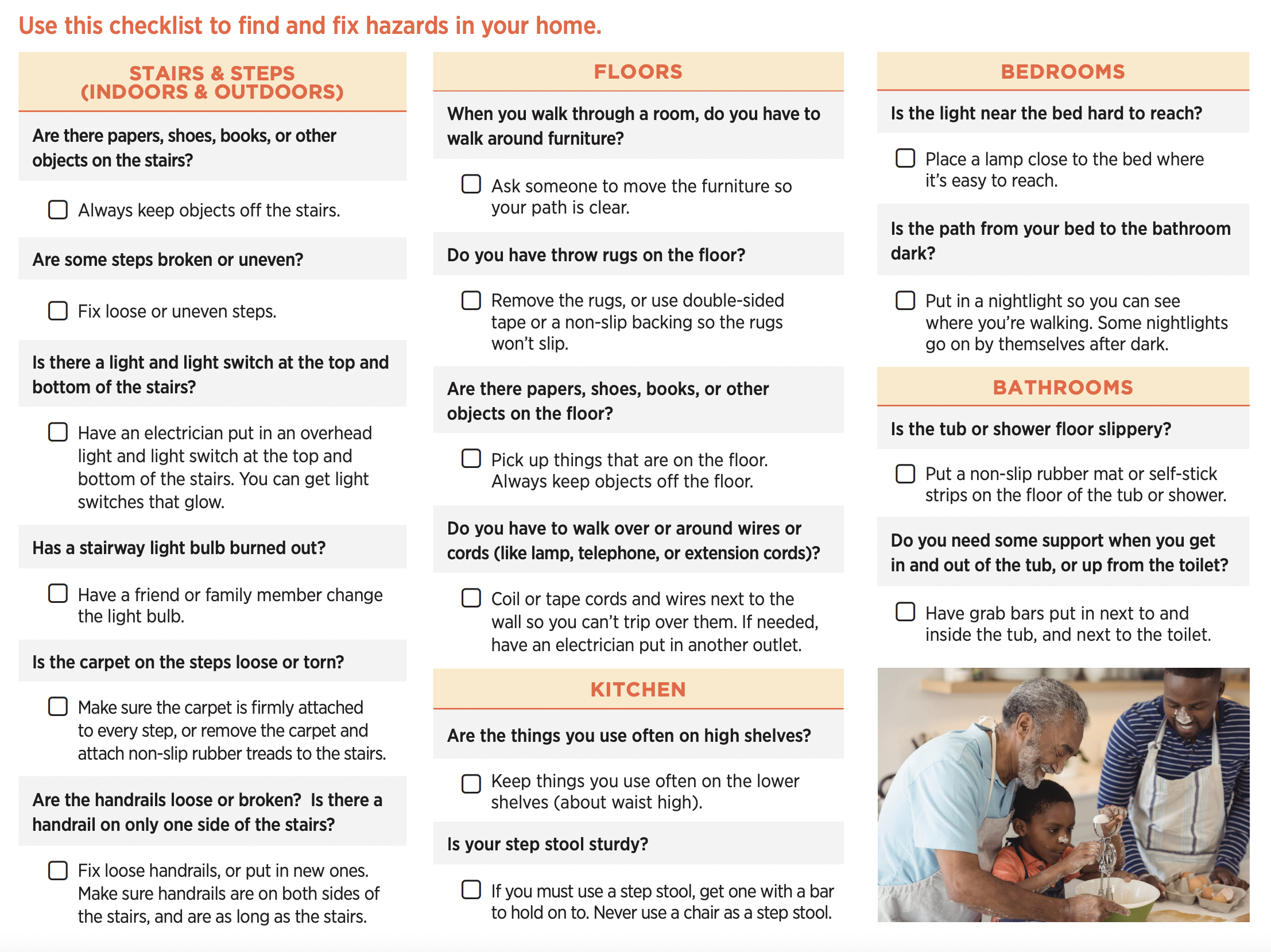What Does Dementia Fall Risk Mean?
What Does Dementia Fall Risk Mean?
Blog Article
Top Guidelines Of Dementia Fall Risk
Table of ContentsThe Buzz on Dementia Fall RiskThe smart Trick of Dementia Fall Risk That Nobody is Talking AboutGetting My Dementia Fall Risk To WorkDementia Fall Risk Can Be Fun For EveryoneSee This Report about Dementia Fall Risk
Guarantee that there is a designated area in your clinical charting system where personnel can document/reference scores and record pertinent notes related to fall prevention. The Johns Hopkins Autumn Danger Analysis Tool is one of several devices your team can use to assist avoid damaging clinical events.Client falls in medical facilities prevail and incapacitating adverse occasions that persist in spite of decades of effort to minimize them. Improving interaction across the evaluating registered nurse, treatment group, patient, and patient's most included family and friends may reinforce autumn prevention initiatives. A team at Brigham and Female's Hospital in Boston, Massachusetts, sought to create a standardized fall prevention program that centered around enhanced communication and client and family members engagement.

The development group stressed that successful execution depends on individual and staff buy-in, integration of the program right into existing process, and integrity to program processes. The team noted that they are facing how to ensure connection in program execution throughout durations of crisis. Throughout the COVID-19 pandemic, as an example, a rise in inpatient falls was linked with restrictions in person engagement in addition to restrictions on visitation.
What Does Dementia Fall Risk Do?
These events are typically taken into consideration preventable. To implement the intervention, companies require the following: Access to Autumn suggestions resources Loss ideas training and re-training for nursing and non-nursing personnel, including new registered nurses Nursing operations that enable for individual and family members interaction to carry out the drops evaluation, make certain use of the prevention strategy, and conduct patient-level audits.
The outcomes can be highly detrimental, commonly accelerating patient decrease and creating longer hospital stays. One research study approximated keeps raised an additional 12 in-patient days after a patient fall. The Autumn TIPS Program is based upon interesting clients and their family/loved ones throughout 3 major processes: evaluation, individualized preventative treatments, and bookkeeping to make sure that individuals are engaged in the three-step autumn prevention process.
The patient assessment is based upon the Morse Fall Scale, which is a confirmed fall danger assessment tool for in-patient hospital settings. The range consists of the six most usual factors patients in hospitals drop: the client autumn history, risky problems (including polypharmacy), usage of IVs and various other exterior devices, mental status, gait, and mobility.
Each threat element links with one or even more workable evidence-based interventions. The registered nurse produces a strategy that includes the treatments and shows up to the treatment team, patient, and family members on a laminated poster or printed visual help. Nurses establish the plan while satisfying with the client and the patient's household.
Dementia Fall Risk for Dummies
The poster acts as a communication device with other members of the client's treatment group. Dementia Fall Risk. The audit element of the program includes evaluating the client's expertise of their threat elements and avoidance plan at the device and hospital levels. Registered nurse champs perform a minimum of 5 private meetings a month with patients and their families to look for understanding of the loss prevention plan

An approximated 30% of these drops result in injuries, which can Recommended Reading vary in seriousness. Unlike various other unfavorable occasions that need a standard medical reaction, fall avoidance depends highly on the demands this link of the client.
The 45-Second Trick For Dementia Fall Risk

Based on bookkeeping results, one website had 86% conformity and two websites had more than 95% compliance. A cost-benefit analysis of the Loss ideas program in eight healthcare facilities approximated that the program cost $0.88 per individual to apply and resulted in cost savings of $8,500 per 1000 patient-days in straight costs associated with the prevention of 567 tips over 3 years and eight months.
According to the advancement group, companies interested in carrying out the program should perform a preparedness evaluation and drops avoidance voids analysis. 8 Furthermore, companies must ensure the necessary facilities and process for implementation and establish an application plan. If one exists, the company's Loss Avoidance Job Pressure need to be associated with preparation.
More About Dementia Fall Risk
To start, companies ought to guarantee completion of training components by registered nurses and nursing aides - Dementia Fall Risk. Health center team must evaluate, based on the demands of a hospital, whether to make use of an electronic wellness document printout or paper variation of the autumn prevention strategy. Carrying out teams ought to hire and educate registered nurse champs and develop procedures for auditing and coverage on autumn data
Team need to be associated with the procedure of revamping the workflow to involve patients and family members in the assessment and avoidance plan procedure. Systems needs to be in area to ensure that devices can recognize why an autumn occurred and remediate the reason. More especially, nurses must have channels to supply ongoing see here feedback to both team and system management so they can adjust and enhance fall prevention operations and communicate systemic problems.
Report this page